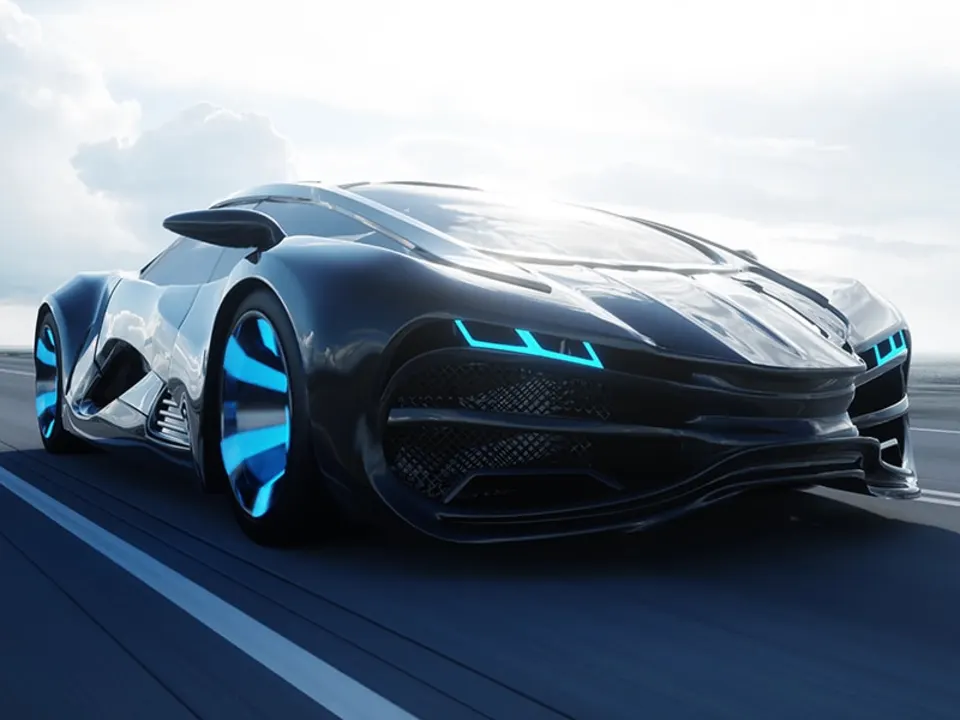What is the future of electric cars?
-
Apr, 6 2023
-
0 Comments

Exploring the Benefits of Electric Cars: What the Future Holds
Electric cars have been on the rise in recent years, and it's no surprise why. They offer a number of benefits compared to traditional cars, such as lower emissions, cleaner energy, and greater cost-efficiency. But what does the future hold for electric cars?
Lower Emissions
Electric cars produce significantly lower emissions than traditional cars. This means they are much better for the environment, and can help reduce air pollution. Additionally, electric cars do not produce any carbon monoxide or other harmful gases, and they also require much less maintenance than traditional cars.
Cleaner Energy
Electric cars are powered by electricity, which is a much cleaner energy source than gasoline or diesel. This means fewer emissions and less environmental impact. Additionally, electric cars do not require oil changes or regular trips to the gas station. This means less money spent on fuel and less time wasted.
Greater Cost-Efficiency
Electric cars are much more cost-efficient than traditional cars. This is due to the fact that they require much less maintenance and have lower running costs. Additionally, electric cars are much more efficient when it comes to energy consumption. This means they use less energy and thus cost less to run.
Increased Range
One of the major benefits of electric cars is their increased range. This means they can travel much further than traditional cars on a single charge. This is due to the fact that electric cars have larger batteries, which can store more energy and provide longer range. Additionally, newer electric cars are being built with even longer ranges, making them even more attractive to buyers.
Better Performance
Electric cars are also much better performers than traditional cars. This is due to their increased torque and power, which makes them faster and more responsive than traditional cars. Additionally, electric cars are much quieter than traditional cars, which makes them more pleasant to drive.
Future Potential
Electric cars have a great potential for the future. They are becoming more and more popular due to their many benefits, and are likely to become the dominant form of transportation in the coming years. As technology advances, electric cars will become even more efficient and cost-effective, making them an even more attractive option for consumers.
Examining the Challenges of Electric Cars: What Lies Ahead?
With the increasing awareness of climate change and the need for more sustainable forms of transportation, electric cars have been gaining more and more attention in recent years. But the future of electric cars is still uncertain. What challenges lie ahead for the industry?
High Cost
One of the biggest challenges of electric cars is the cost. On average, electric cars are more expensive than their gas-powered counterparts, and this can be a deterrent for many potential buyers. Additionally, the cost of batteries and other components can be a major factor in the cost of electric cars. As the technology advances, prices may come down, but for now, the cost remains a challenge.
Range and Charging
Range is another issue for electric cars. Even the most advanced models have a limited range before needing to be recharged. This can be a problem for those who drive long distances or are unable to access charging stations. Additionally, charging times can often be lengthy, making them impractical for long trips.
Infrastructure
The lack of infrastructure is also an issue for electric cars. Although there are more charging stations now than ever before, they are still not as prevalent as gas stations. This can make it difficult for drivers to find a place to charge their vehicles, especially in rural areas. Furthermore, many charging stations are limited in their power output, making them unable to charge certain vehicles.
Environmental Impact
Finally, electric cars are not without their own environmental impacts. While they may be better for the environment than gas-powered vehicles, they still require electricity to function, which can be generated from fossil fuels or nuclear power. Furthermore, the production and disposal of electric cars can also have a negative environmental impact.
The Future of Electric Cars
Despite the challenges, the future of electric cars looks bright. With advances in technology and more government incentives, the cost of electric cars is coming down, making them more accessible to the average consumer. Additionally, more charging stations are being built, and charging times are becoming faster. With continued progress, electric cars could eventually become a viable alternative to gas-powered vehicles.